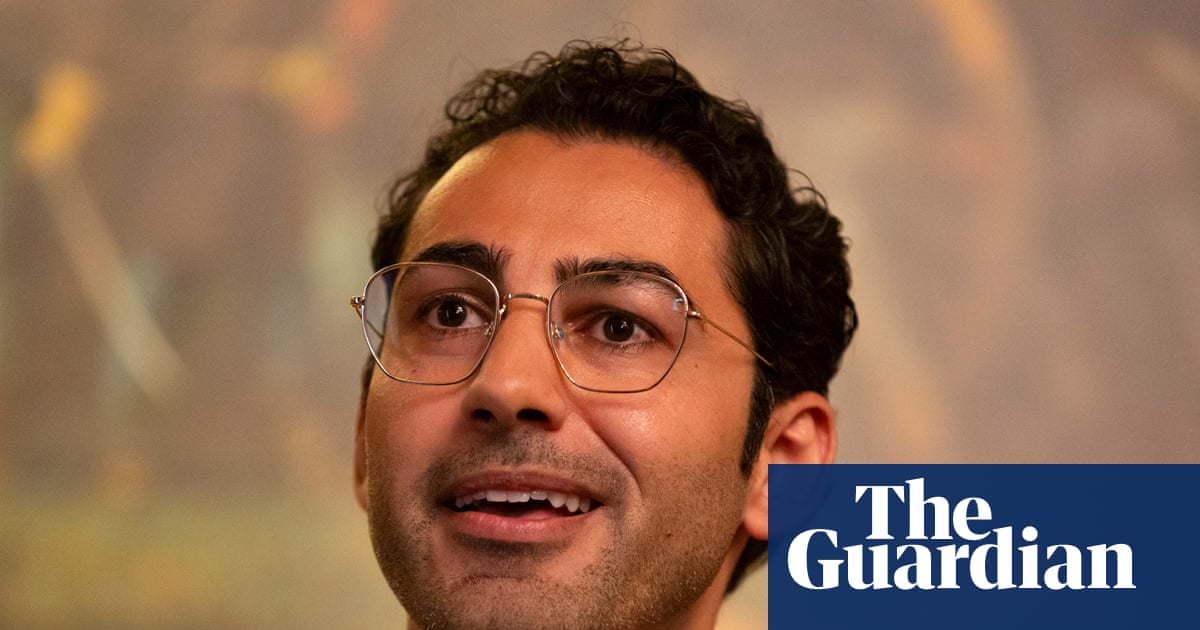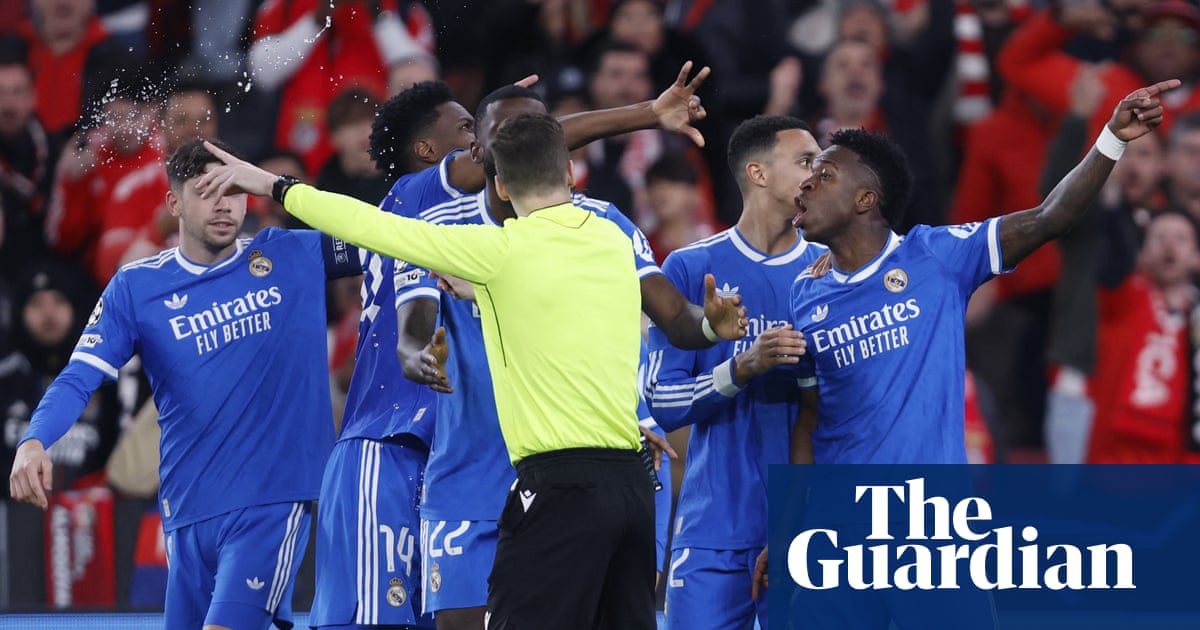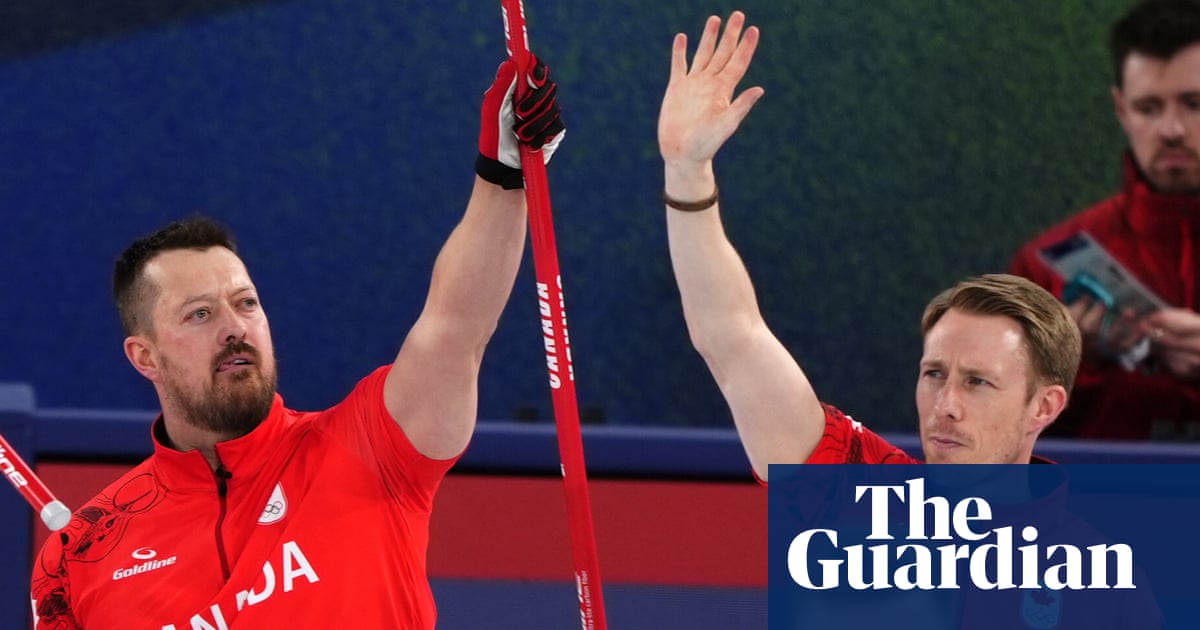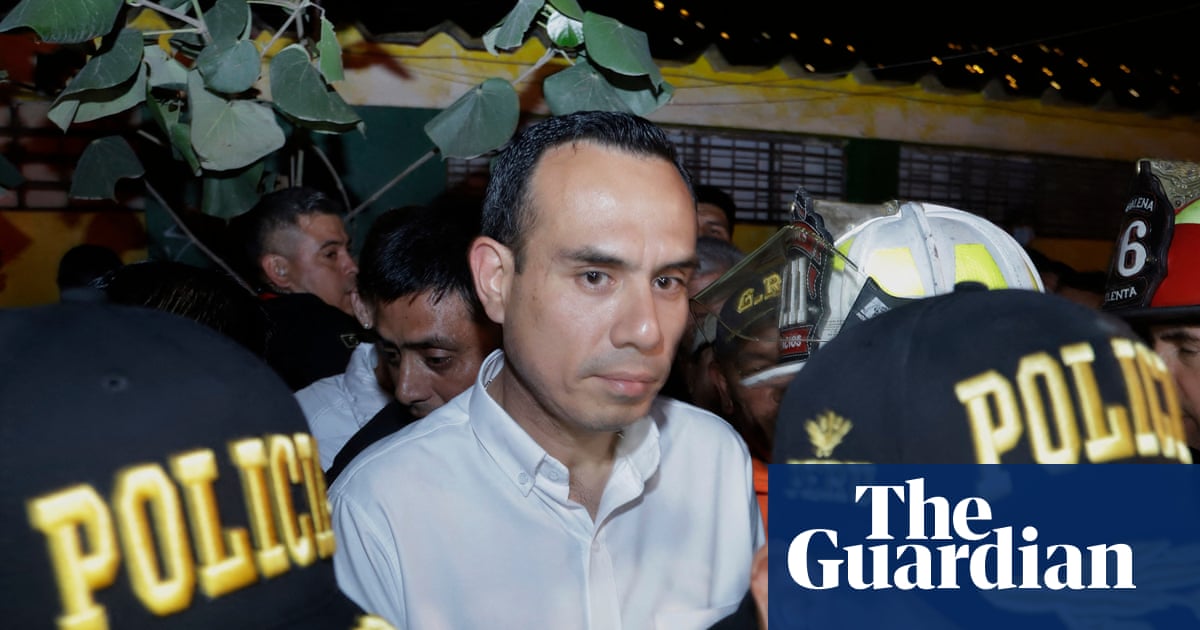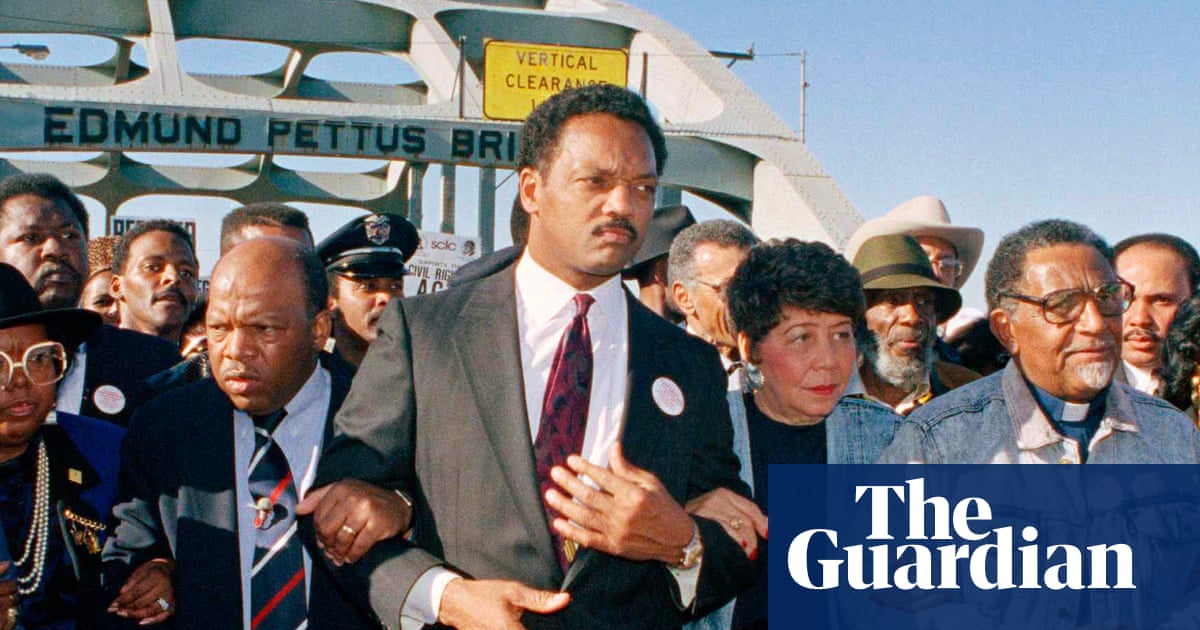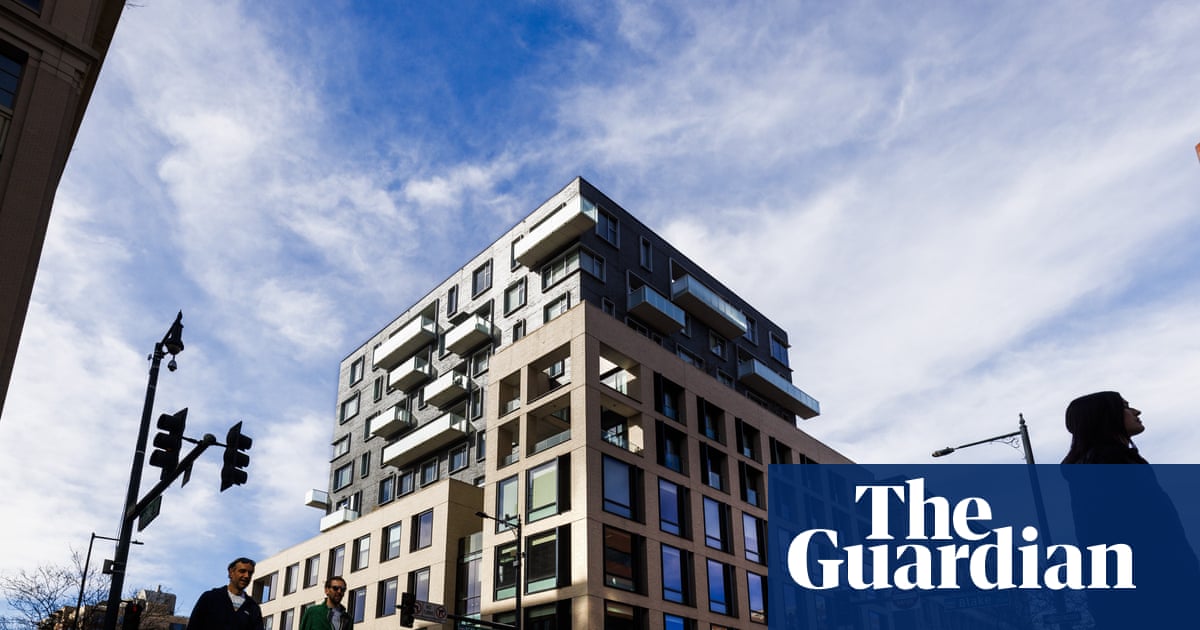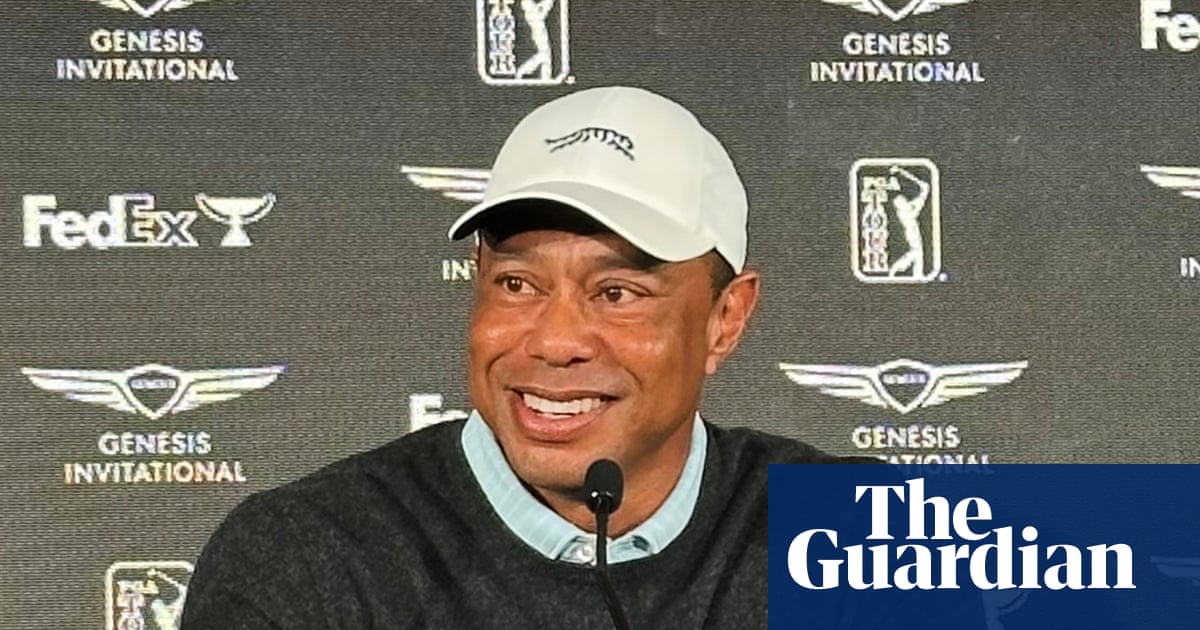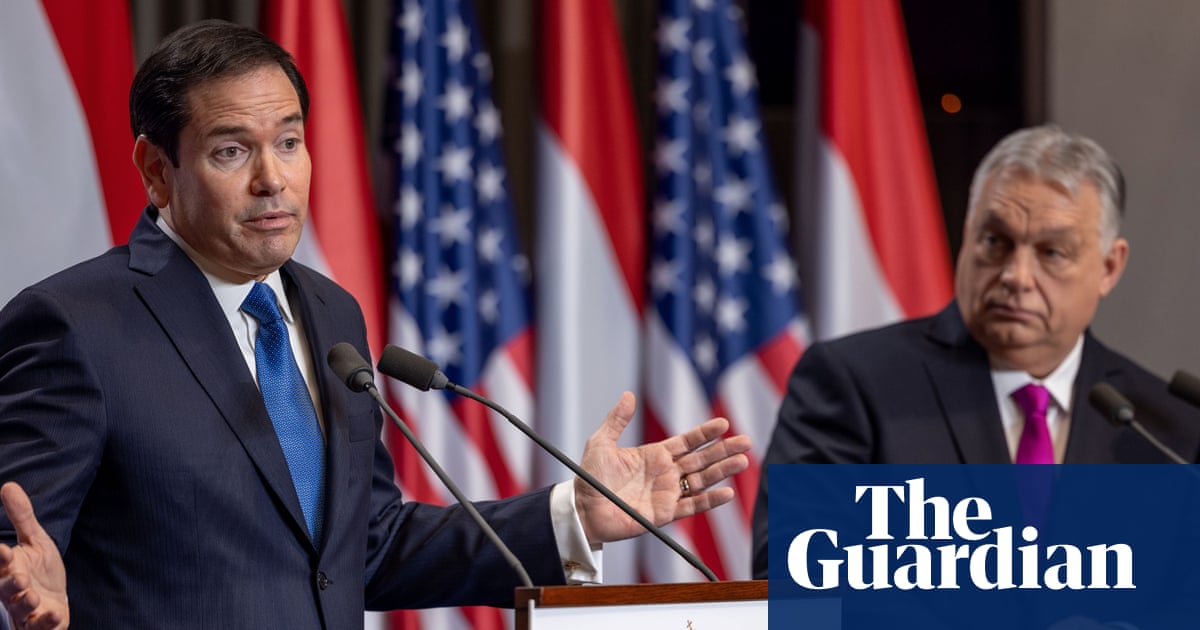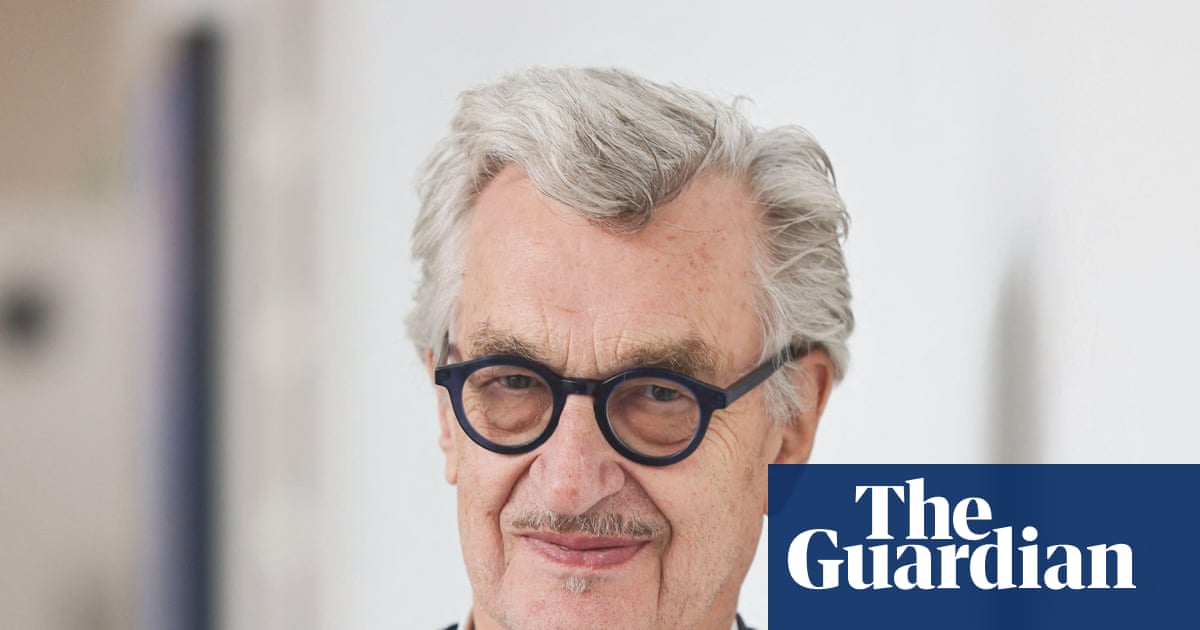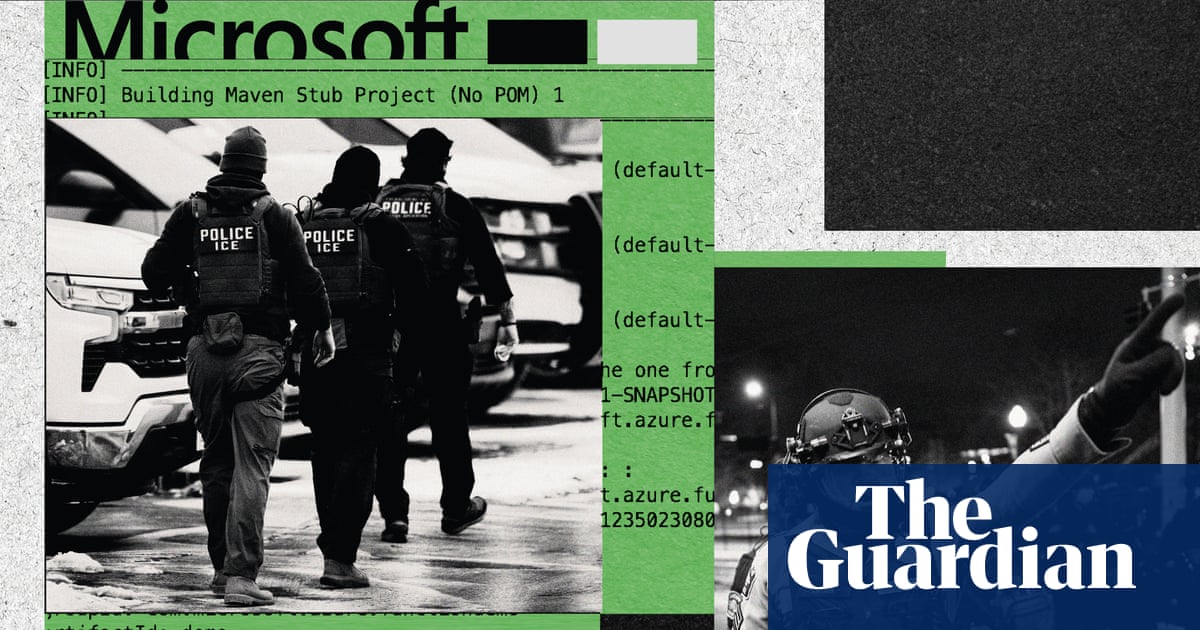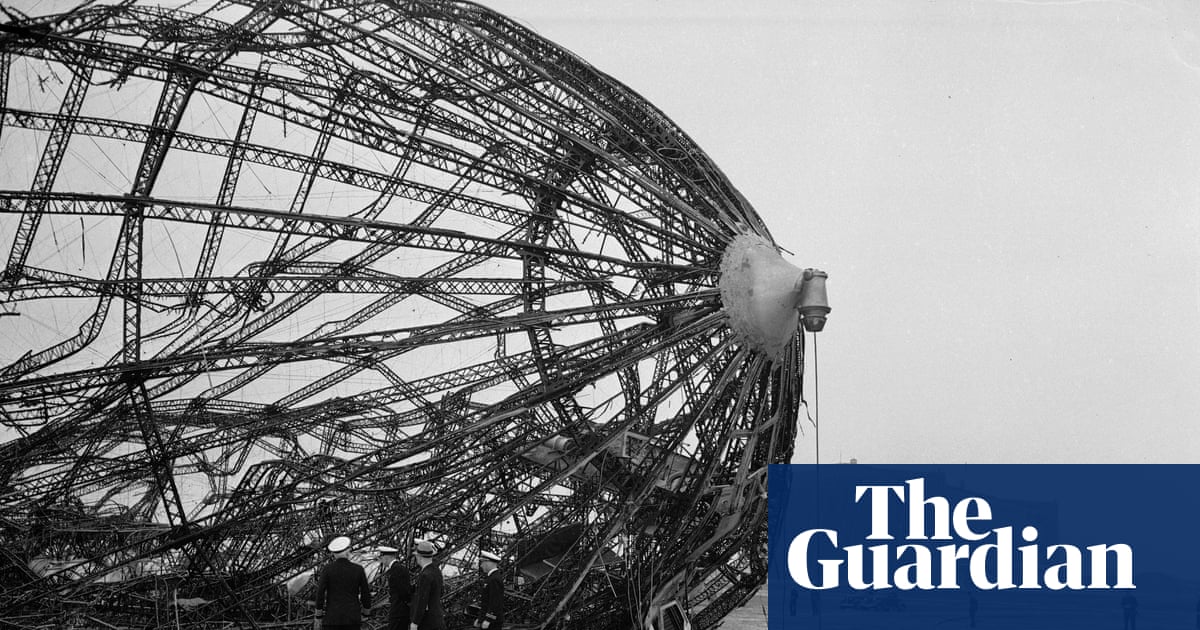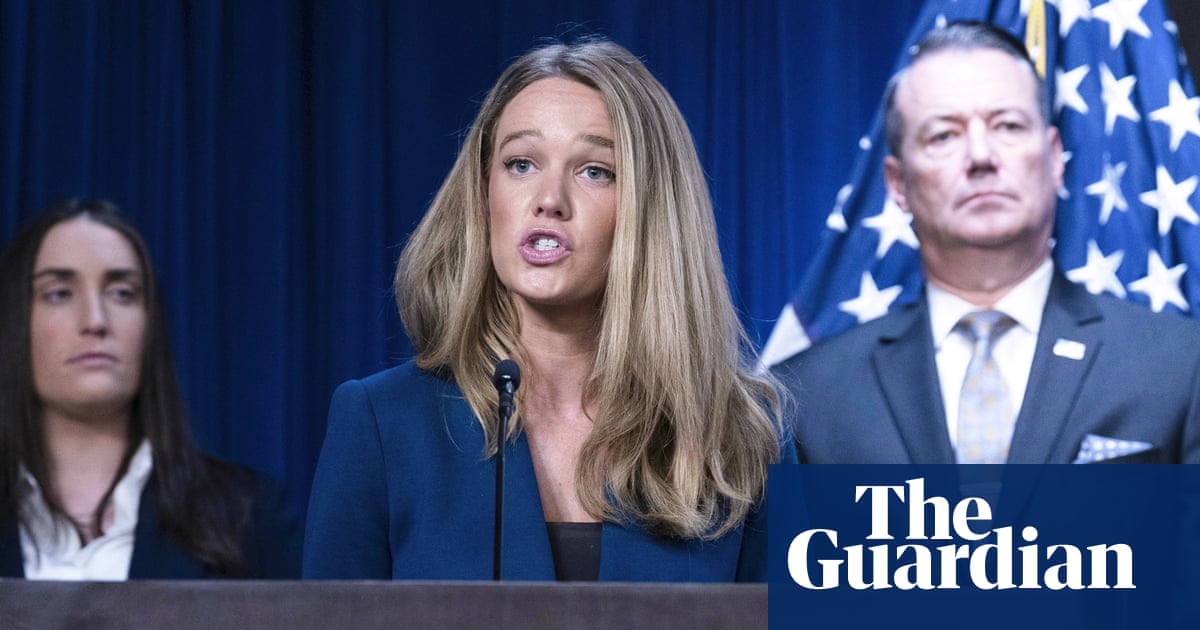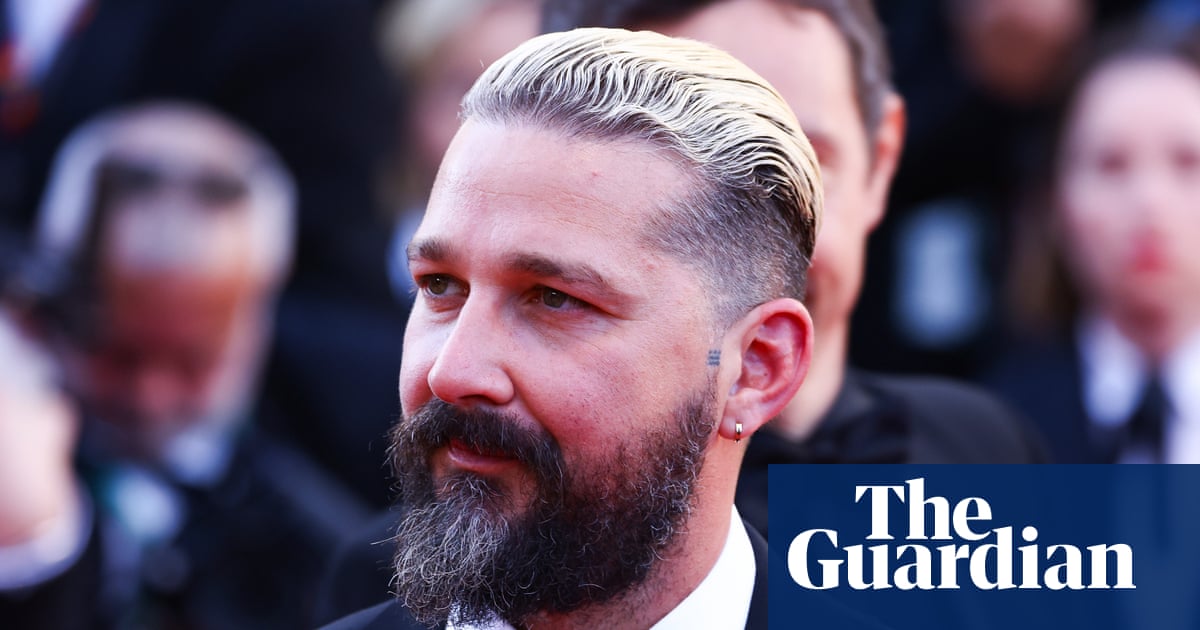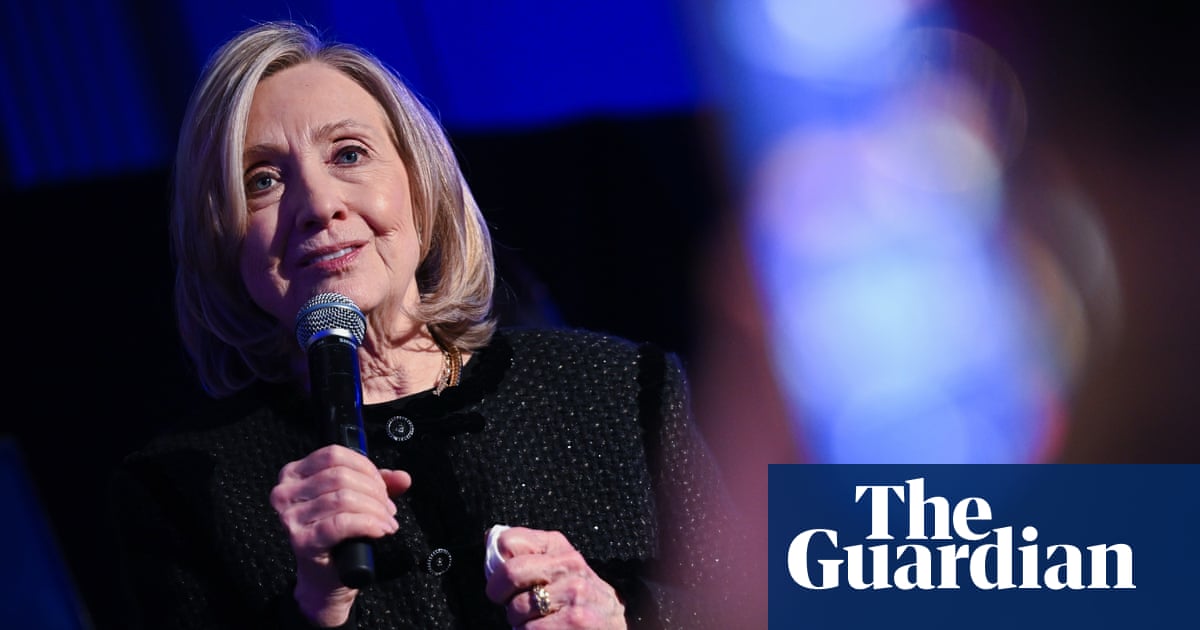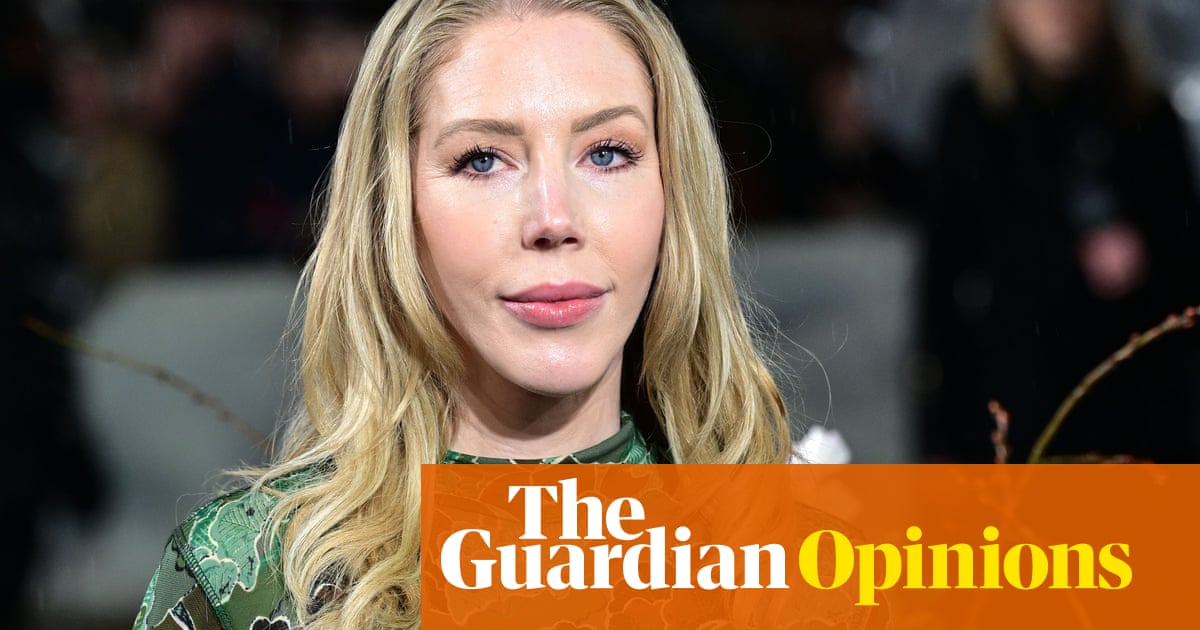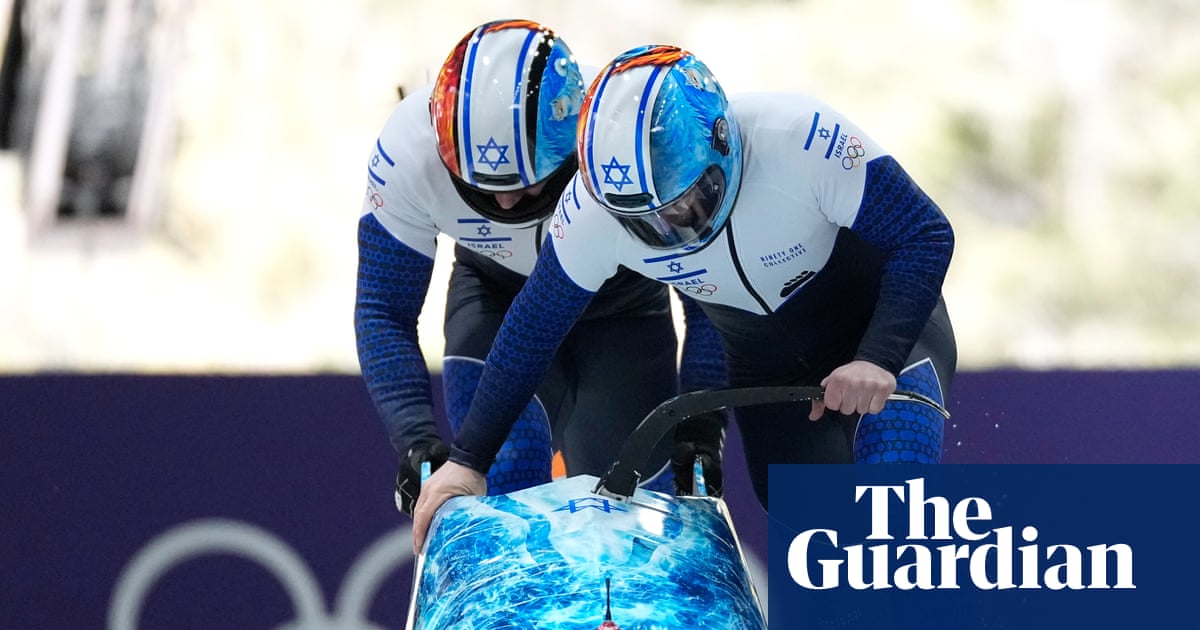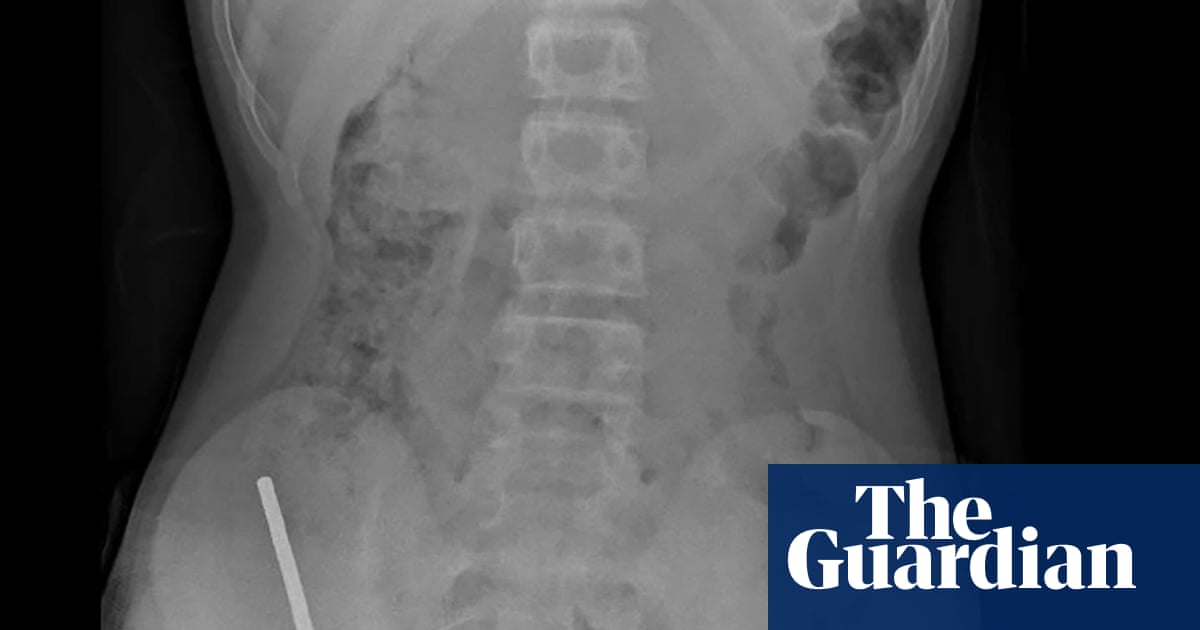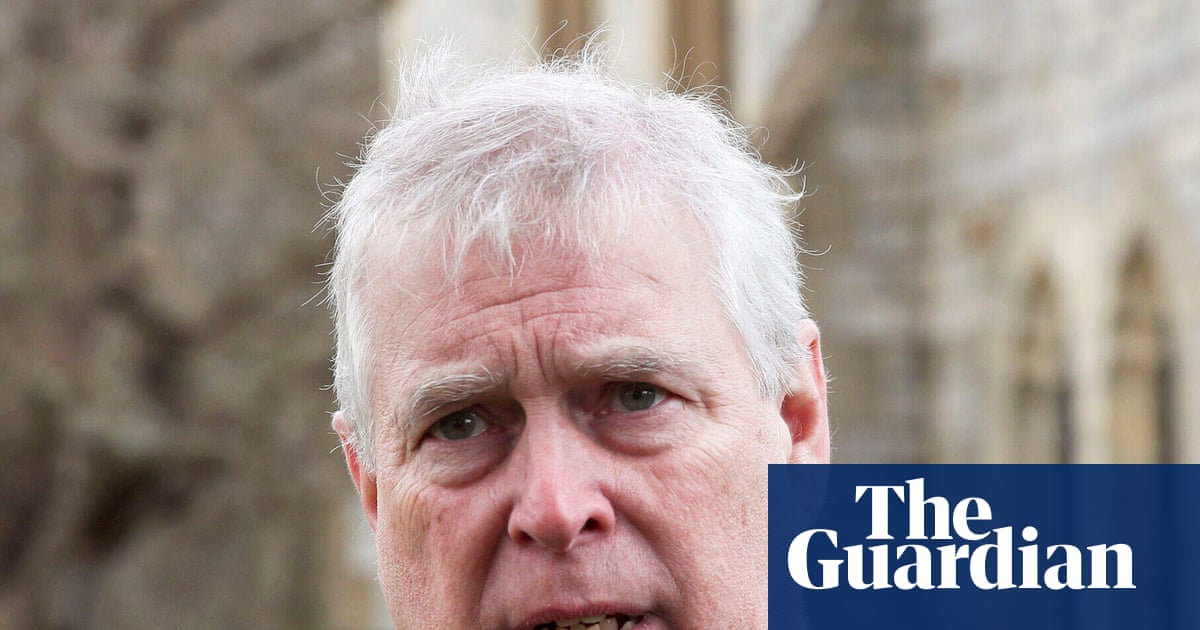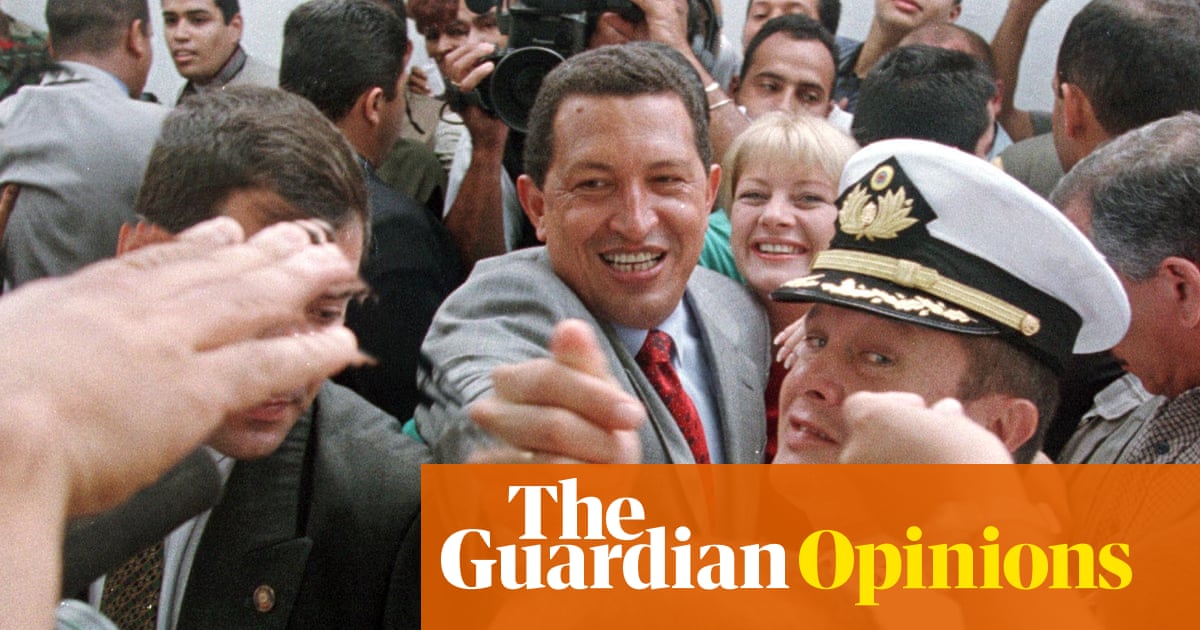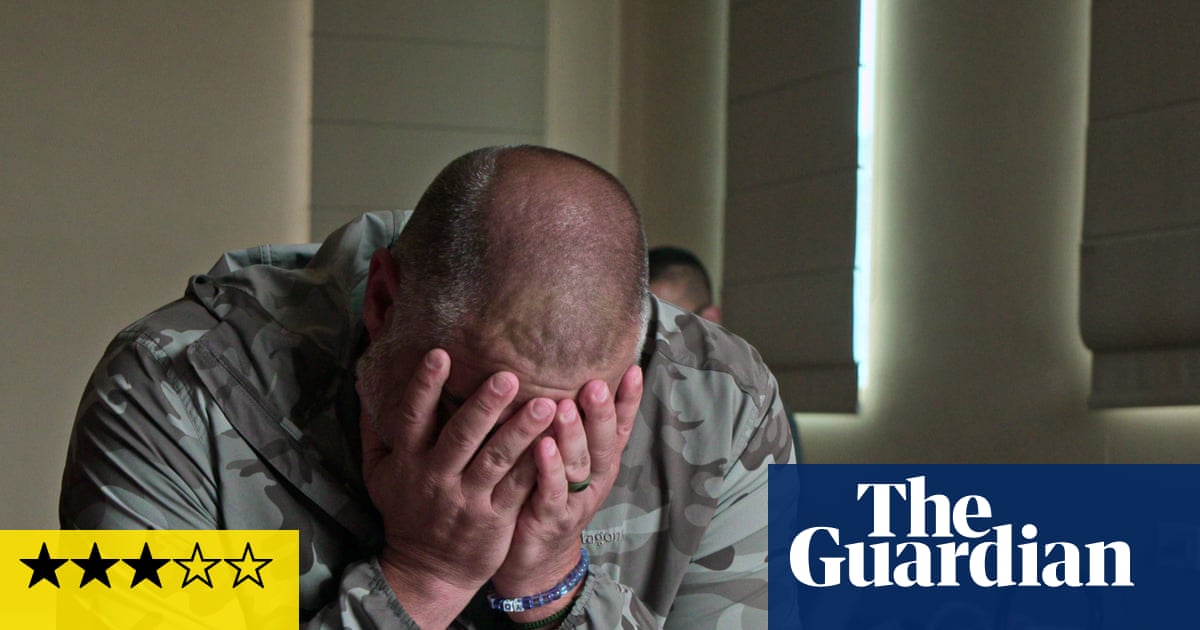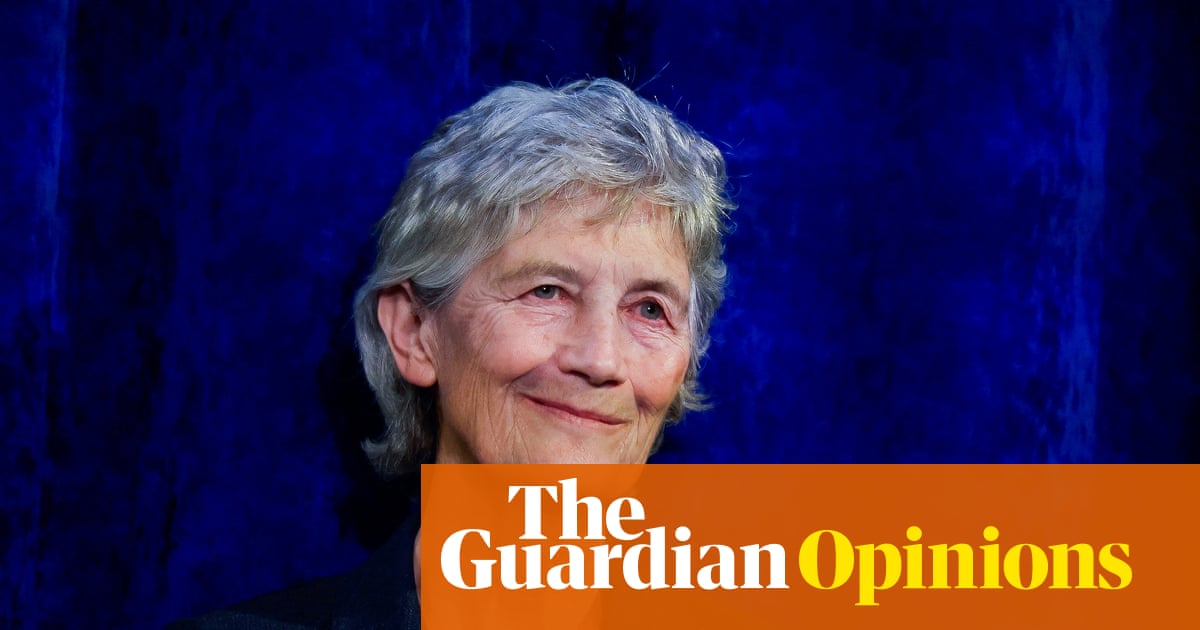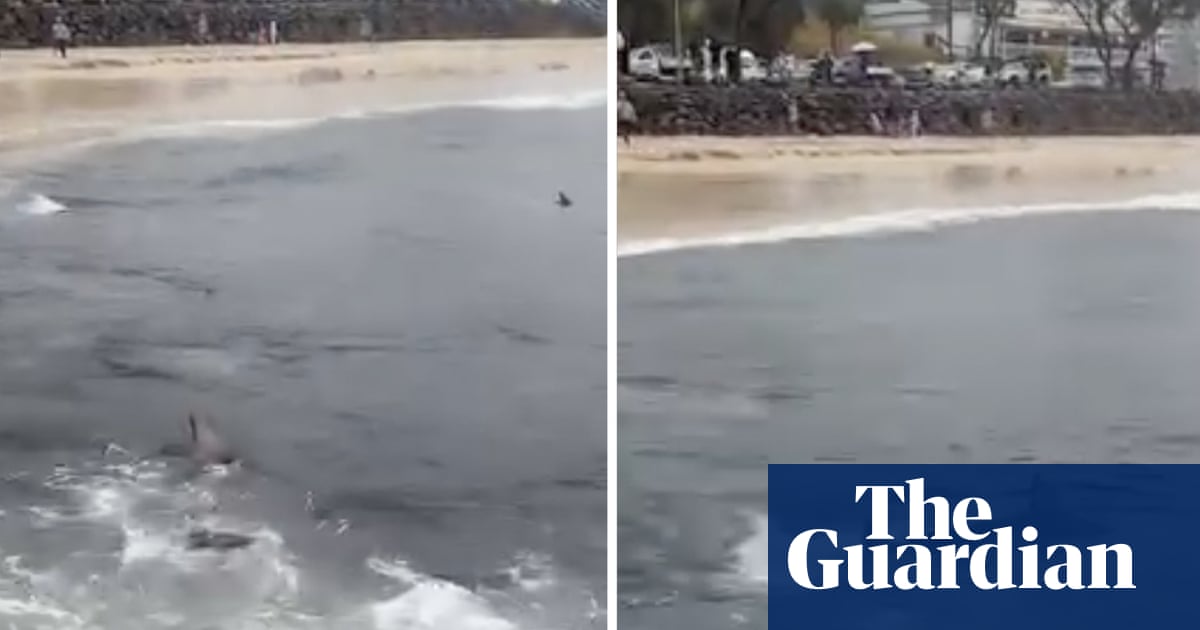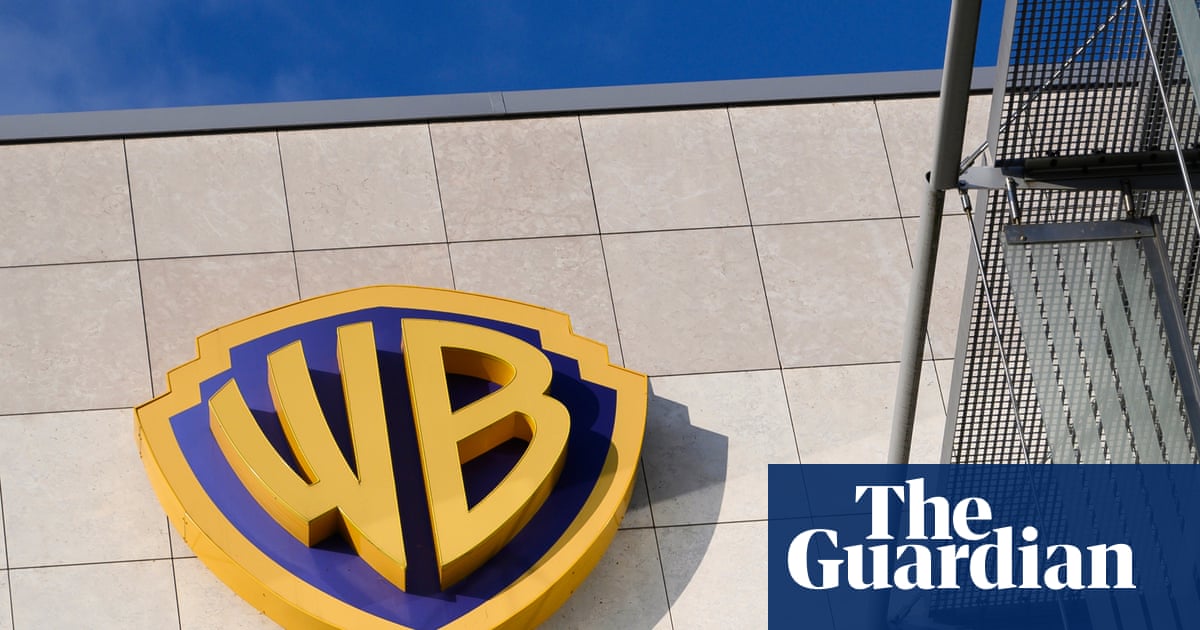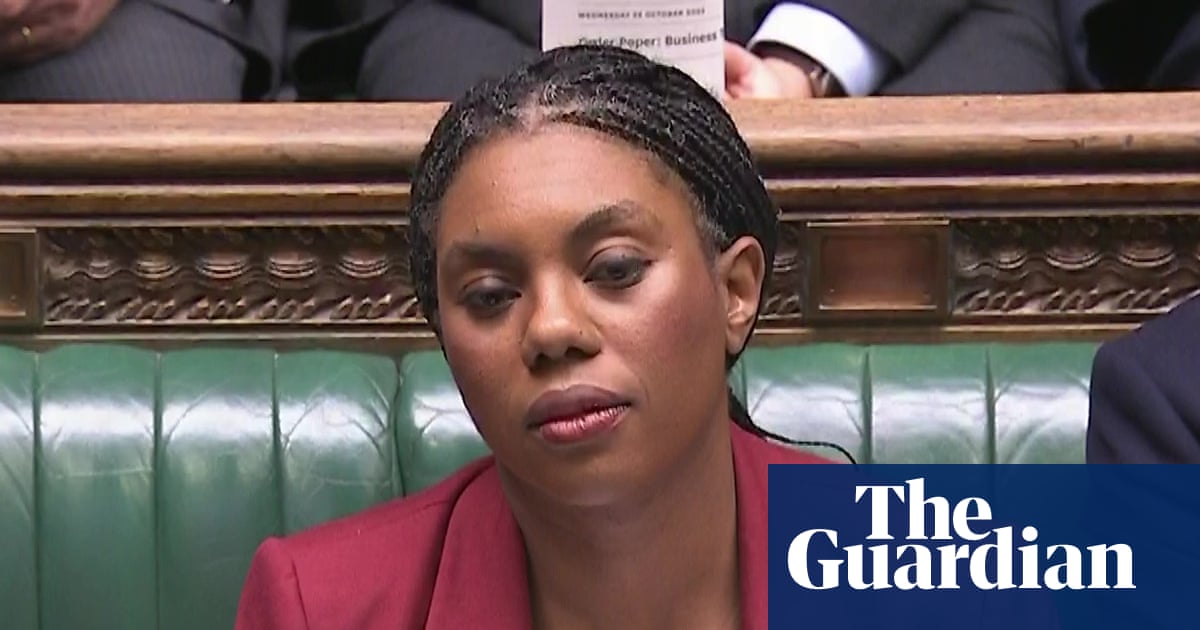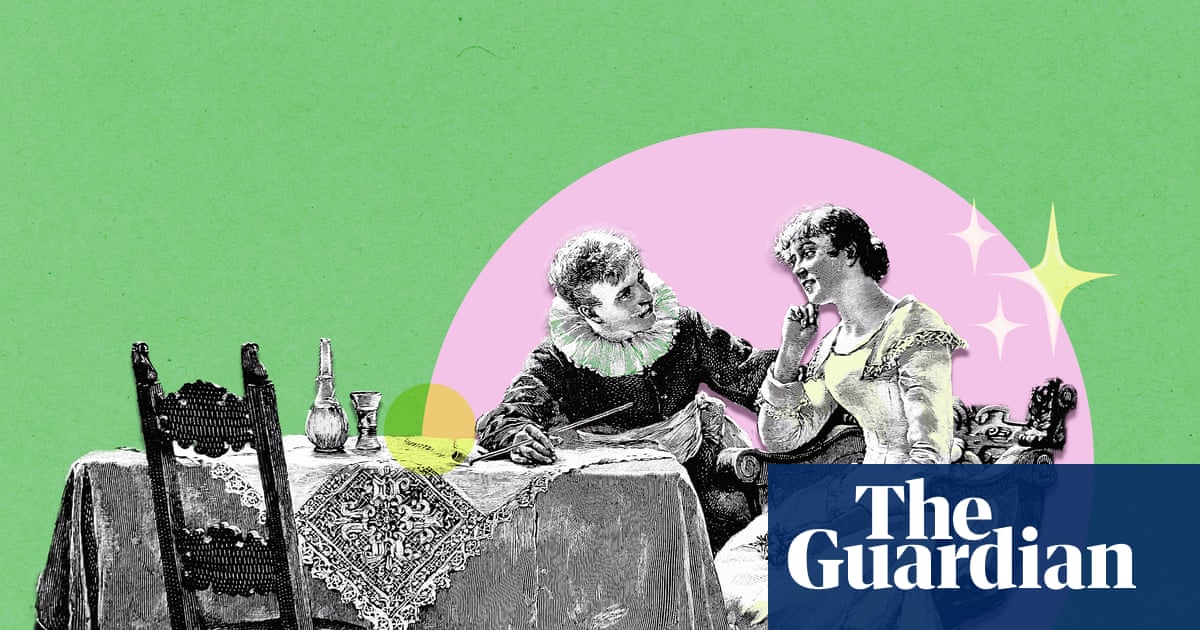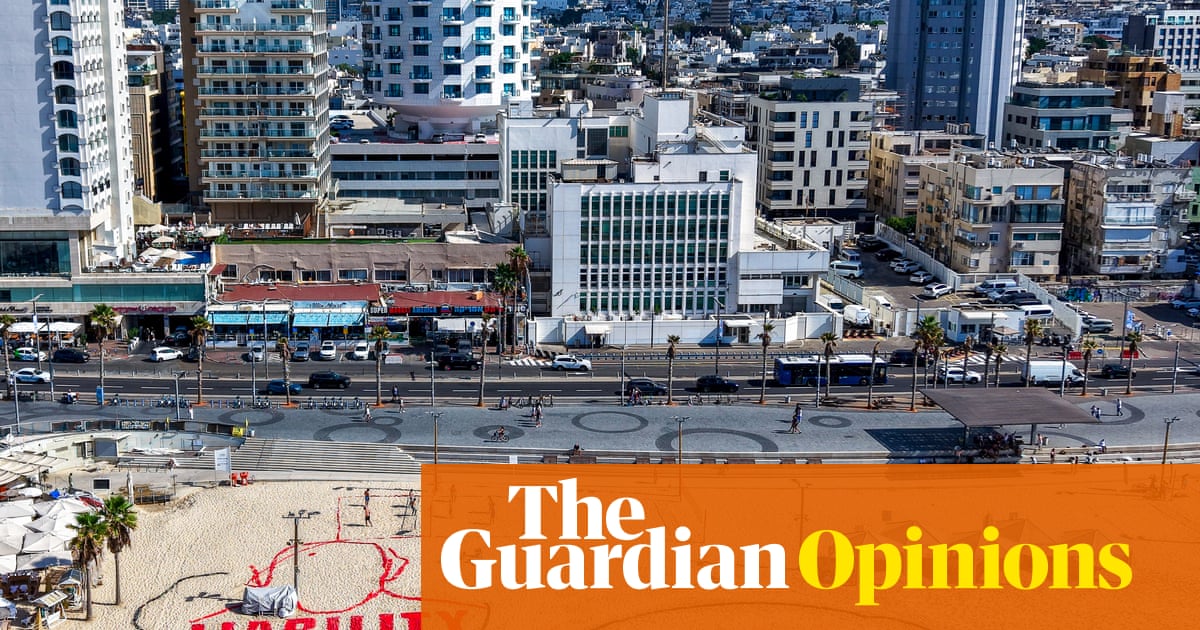Thursday afternoon, and the All Blacks are out on the training ground around the back of the Lensbury hotel on the banks of the Thames, it’s a warm autumn day, and the mood is pretty free and easy, Will Jordan is practising catching high balls, Beauden Barrett is taking shots at goal, the forwards are packing up after running some drills, head coach, Scott Robertson, is chatting happily with the media before his press conference. Someone asks if his team are looking to make a statement against England on Saturday, the sort that reminds everyone exactly how good they are.
“A statement performance?” Robertson says, perplexed. “We’re just looking for a result.” Time was when every All Blacks performance was a statement performance, and their head coaches didn’t go looking for results against England, or anyone else, they expected them. The remark hung in the air for a moment. It’s only Robertson’s manner. For 20 years the All Blacks press conferences have felt like being called in for an audience with the family patriarch in the back room of a wedding, Robertson’s are more like a catch-up chat with the uncle you are pleased to bump into at the buffet.
His predecessor, Ian Foster, is the surly son of a Presbyterian minister, who got the job because he was the assistant to his predecessor Steve Hansen, who was a former policeman, who got the job because he was assistant to his predecessor Graham Henry, who was a former headmaster. For two decades, there was a continuity of character, and a deliberately consistent team culture. Robertson, who took over after the last World Cup, represents a clean break. Which is one reason why this feels like a different sort of All Blacks team to the ones we are used to seeing up here on tour in the north every autumn.
There are others. For a start this New Zealand aide are very much the second-best in the world, behind the back-to-back world champion Springboks. South Africa have beaten them in four of their past five Tests, including the last World Cup final in Paris. Most recently they put 43 on them in a 33-point thrashing in Wellington. No one had ever beaten the All Blacks by more than 15 at home before and once upon a time a result like that would have precipitated some kind of national crisis, But the mood among the players, coaches, and travelling media seems muted, mollified, perhaps, by back-to-back wins against Australia, Ireland, and Scotland.
Which feels pretty odd for all the rest of us. For the large part of this century, the All Blacks were always the best in the world whether or not they were actually at the top of the rankings or had won the last World Cup. They were the Alpha team. Not any more.
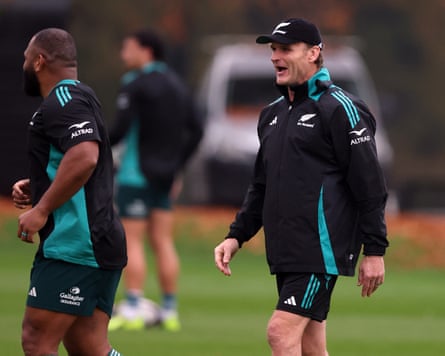
There is an intimidating All Blacks XV out there, only, most of them are ineligible for selection because they’re playing their club rugby in Japan. After the most recent World Cup final, eight of their senior players left. A few, like Sam Whitelock, Aaron Smith, and Dane Coles, were ready to retire, but some of the rest should have had plenty of Test rugby left in them. Brodie Retallick and Sam Cane are only 33, Richie Mo’unga and Shannon Frizell are both 31. Since then TJ Perenara, 33, and Mark Tele’a, 28, have moved to Japan, too. Mo’unga is the only one of the group who has committed to a return.
The squad the All Blacks put out in the last World Cup final was the most experienced they had ever fielded in the tournament, with 1,387 caps between the 23 of them. The team they’ve picked to play England on Saturday has 984, but well over a third of the total belongs to just three players, Barrett, Savea, and Codie Taylor. Injuries haven’t helped either. It’s not only Jordie Barrett, who went home after the Test against Ireland two weeks ago. Patrick Tuipulotu, Dalton Papali’i, Tupou Vaa’i, and Ofa Tu’ungafasi have flown home too. There is a missing generation of 50-cap men. Rieko Ioane, who has been dropped, is another.
after newsletter promotion
Ioane aside, there’s not a lot Robertson can do about any of this. The Springboks coach, Rassie Erasmus, has a free hand to pick whoever he wants regardless of where they play their club rugby, and you could argue that South Africa’s single biggest achievement has been in knitting together a coherent team when their players are scattered around the world for so much of the year. Robertson said he would push New Zealand Rugby to loosen their own selection criteria so he could pick overseas players, but nothing’s come of it, and judging by the comments made by New Zealand Rugby’s executives, nothing’s going to any time soon.
Japanese rugby offers a shorter season, and a bigger salary. It’s not just the best players who have moved there, there are over 100 New Zealanders playing in their top three divisions, and the union are understandably keen to protect their own domestic competition. But it’s at the expense of their national team.

 3 months ago
55
3 months ago
55
